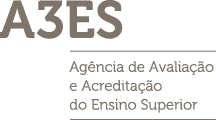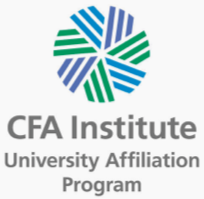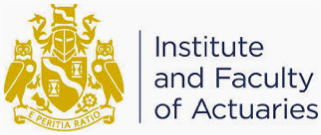- Sobre
- Estudar
-
Investigação
 Related Links
Related Links - Pessoas
- Life at ISEG
-

ISEG´s Bachelor’s in Economics combines three essential elements for the education of an economist, in a unique way:
The combination of these three elements, together with the fact that students are able to choose elective course units to strengthen their areas of personal interest, means that the ISEG Bachelor’s in Economics has a high standard of quality, which is widely recognized by the market, where our graduates easily find employment in both the private and public sectors.
To make forecasts and studies about the evolution of the main economic indicators
How the economy works, in your country and worldwide
How you can make a difference, towards a more sustainable economy in the future
In which area you want to specialize in the future (if you don’t already know…)
The foundations to become one day the governor of a central bank? a Minister of the Economy or Finance? Who knows….




ISEG graduates leave university prepared to succeed in both the national and international job market. This is confirmed by the surveys we regularly carry out with recent ISEG graduates, which show a rapid and effective integration into working life: about 35% of students are offered a job before they graduate, and at least 90% are employed 6 months after graduating.
At ISEG, we give priority to student career development, providing students with the most appropriate skills for carrying out their activity in a variety of career opportunities.
ISEG graduates find jobs in the main sectors of the economic, financial, and business worlds, particularly in the following sectors:
| Year 1 * | Semester |
|---|---|
| Economic and Business History | 1 |
| Economics I | 1 |
| Mathematics I | 1 |
| Principles of Management | 1 |
| Quantitative Finance | 1 |
| Accounting I | 2 |
| Economic and Business Information | 2 |
| Economics II | 2 |
| Foundations of Law | 2 |
| Mathematics II | 2 |
* The 1st Year of Economics is equal to the 1st Year of Management and Finance.
| Year 2 | Semester |
|---|---|
| Corporate Finance | 1 |
| Macroeconomics I | 1 |
| Microeconomics I | 1 |
| Sociology | 1 |
| Statistics I | 1 |
| Macroeconomics II | 2 |
| Microeconomics II | 2 |
| Monetary and Financial Economics | 2 |
| Public Economics and Finance | 2 |
| Statistics II | 2 |
| Year 3 | Semester |
|---|---|
| Econometrics | 1 |
| Elective Course Units | 1 |
| Internacional Economics | 1 |
| Economic Policy and Business Activity | 2 |
| Elective Course Units | 2 |
| Industrial and Firm Economics | 2 |
| Project Appraisal | 2 |
| Seminar | 2 |
Minimum application grade: 100 points (out of 200) based on:
Required entry exams:
*Some international qualifications can be automatically recognised as equivalent. Please check with the Undergraduate Office for more information.
| Students from | First Year | Second Year | Third Year |
| Within the European Union | € 697 | € 697 | € 697 |
| Outside the European Union | € 4,500 | € 4,500 | € 4,500 |
Financial restrictions should never come in the way of your access to higher education, and that is why we believe in providing equal opportunities for everyone.
If you are not an EU, EEA, or Swiss citizen, you need a Student VISA.
Once you have decided to join the bachelor programme and paid the 1st tuition fee to secure your place, you can issue the acceptance letter on the FENIX Portal. This document will be needed later to apply for a Student Visa.
The student visa must be requested at the nearest Portuguese Embassy or Consular Office in the country of origin.













